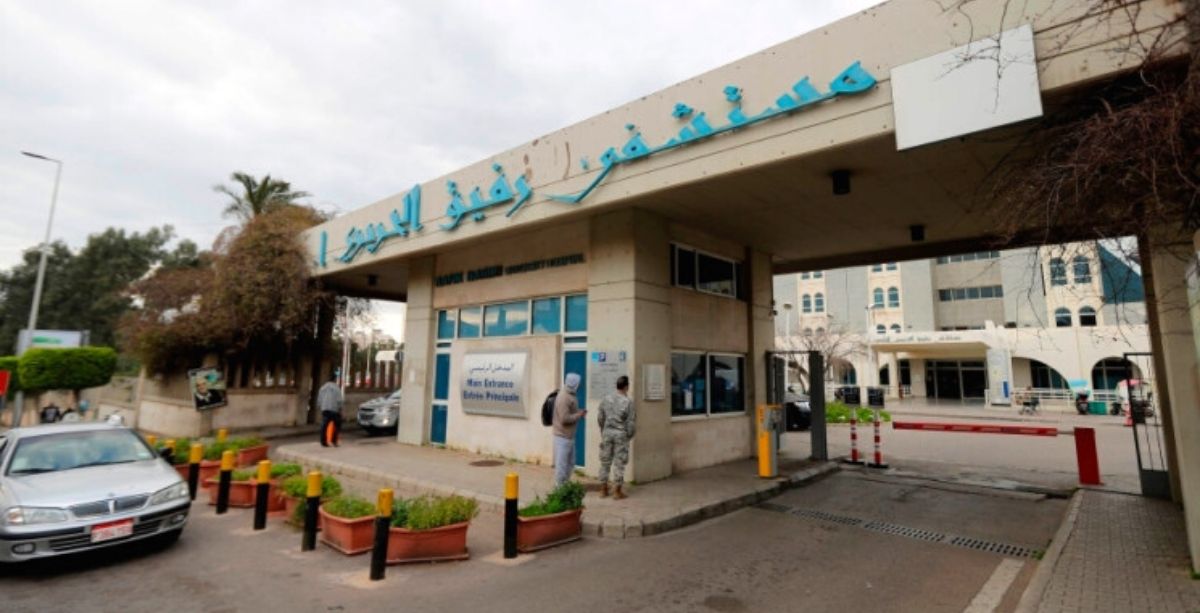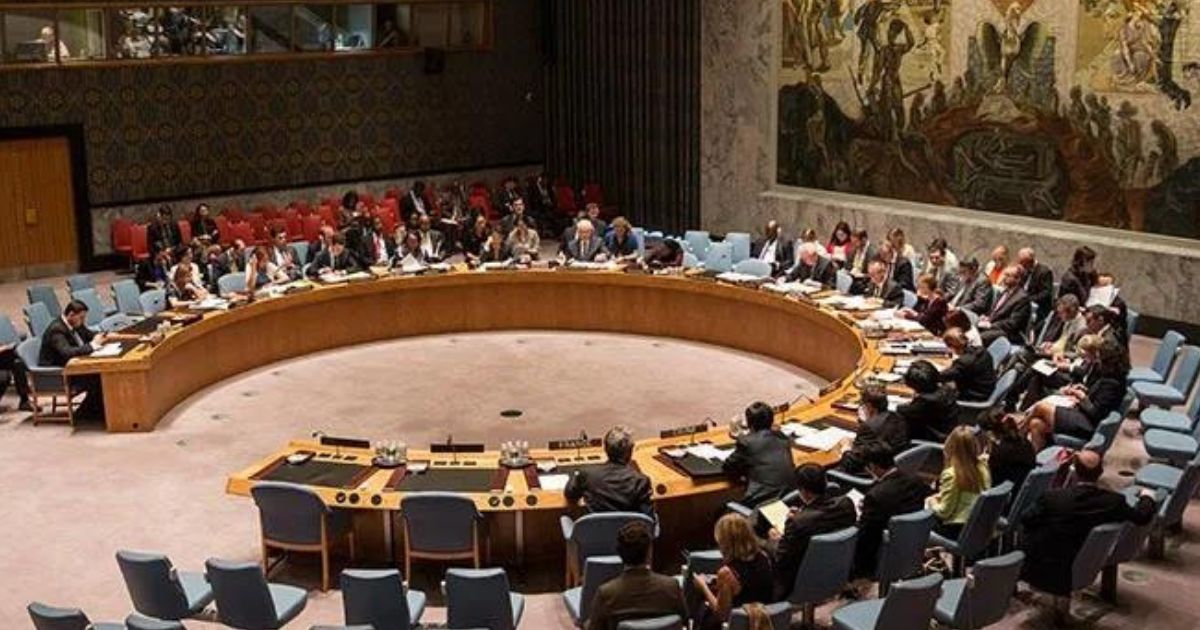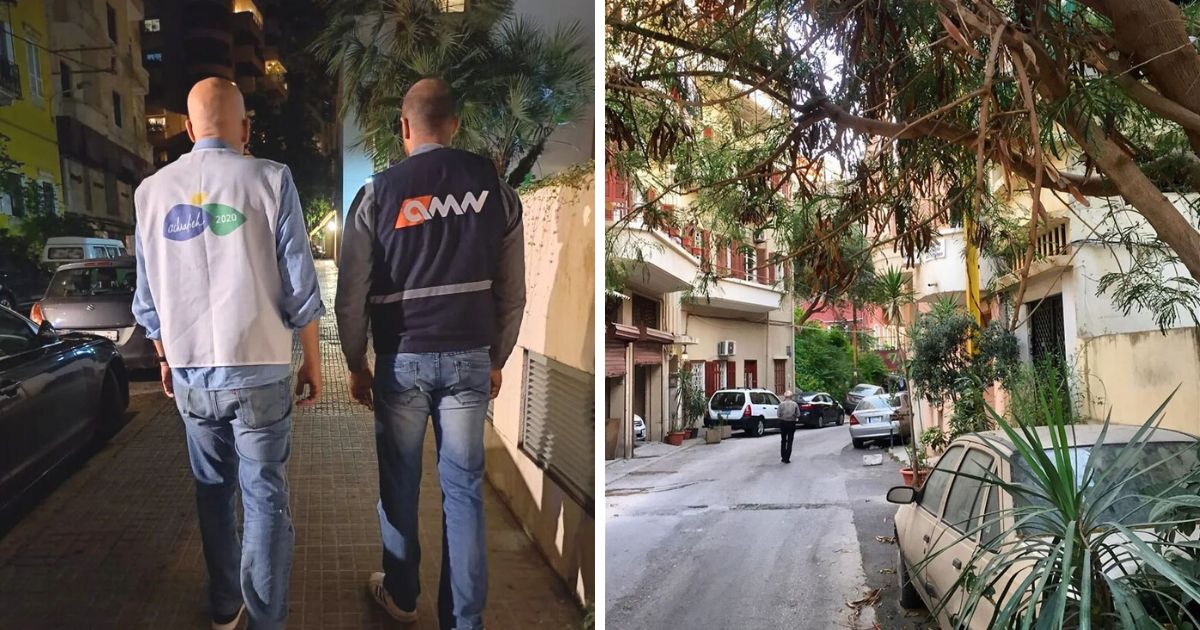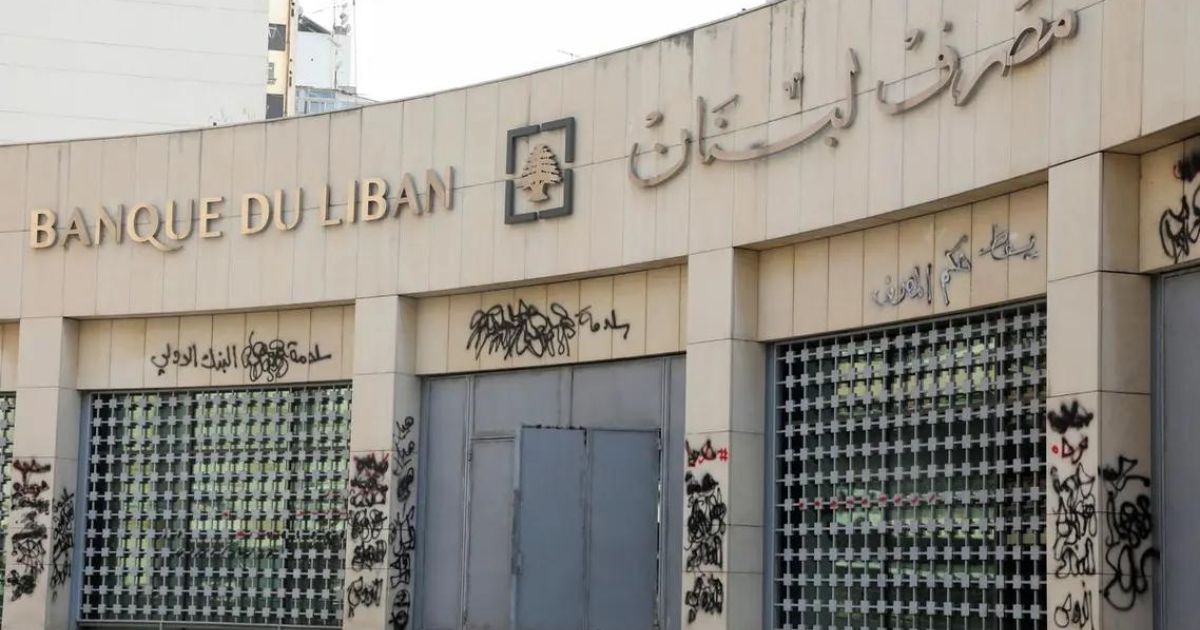UNICEF Lebanon just issued a report titled “Searching for Hope” regarding Lebanon’s crisis and how it is forcing the younger generation to drop out of learning and engage in irregular and informal work to survive and help their families.
The report says that more than 4 out of 10 of the youth in Lebanon have reduced spending on education to buy necessities like food and medicine and 3 out of 10 have stopped their education altogether.
The report cited the Youth-Focused Rapid Assessment conducted in September 2021 that indicated that 31% of young people are not getting any education or training.
The enrolment in educational institutions dropped from 60% in 2020-2021 to 43% in the current academic year.
“Dropping out of education and learning can severely affect young people’s life-long learning and employment prospects. Unless action is taken to reverse current trends, this will worsen and have serious implications for future growth and social cohesion in Lebanon,” UNICEF stressed.
The report continued mentioning that more and more young people are forced to drop out of education and are forced to work ill-paying jobs in informal labor sectors.
“Working youth have an average monthly income of about 1,600,000 Lebanese pounds (LBP) equivalent to about US$64 at the black-market rate.”
In addition, 7 out of 10 considered leaving their jobs without any source of income.
Lebanon’s financial crisis has led to an increase in negative coping mechanisms:
13% of families sent minor children to work as a coping strategy. Consequently, the number could rise if the situation gets worse, and almost 1 in 2 young people have reduced expenses on health as only 6 out of 10 receive primary health care when needed.
Ettie Higgins, Representative in UNICEF Lebanon, said: “Young people in Lebanon urgently need support. Investments are needed to ensure financial concerns do not prevent them from getting the education and skills they need to eventually find decent work and contribute to the stability and prosperity of Lebanon.”
















